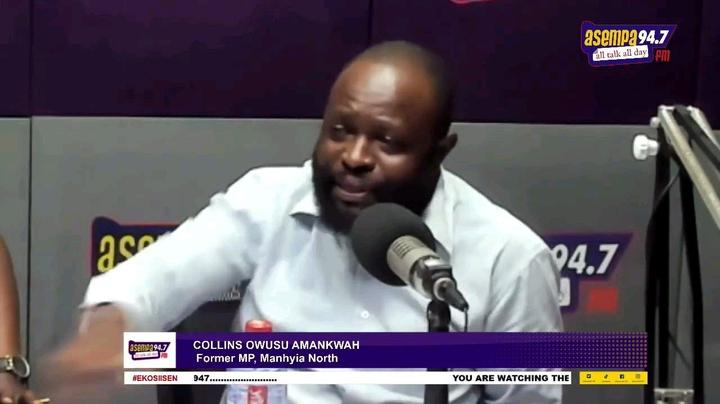A controversial statement by Nana Ofori Paaben, also known as Collins—a Canada-based Ghanaian and outspoken supporter of the National Democratic Congress (NDC)—has sparked fresh debate over the political impact of President John Mahama’s economic reforms. In a viral TikTok video, Collins remarked, “Even if Mahama reduces the dollar to 2 cedis, Ghanaians will still vote against him,” expressing frustration over the recent appreciation of the cedi and its implications for the diaspora.
Since Mahama’s electoral victory in December 2024, the Ghanaian cedi has strengthened against the US dollar. While this is widely viewed as a sign of economic recovery, Collins voiced concerns from the perspective of Ghanaians living abroad. He argued that the rising value of the cedi is diminishing the worth of remittances, increasing the cost of executing projects back home. “Some of us are beginning to regret campaigning for the NDC,” he said, questioning Finance Minister Cassiel Ato Forson’s focus on stabilizing the currency over immediate social relief.
His comments contrast with the prevailing public support for Mahama’s policies, which include strict monetary measures and a $200 million liquidity boost by the Bank of Ghana. These efforts have contributed to a 16.7% appreciation of the cedi between January and May 2025. At the recent Ghana-EU Business Forum, President Mahama highlighted the rise in foreign exchange reserves from $8.9 billion in December 2024 to $10.6 billion by April 2025 as proof of the administration’s fiscal discipline.
Despite these gains, Collins argued that the economic improvements are not yet translating into visible benefits for ordinary citizens. He noted the absence of significant social intervention programs and questioned the practical value of macroeconomic indicators that do not ease the day-to-day burdens of Ghanaians.
He also reflected on the NDC’s campaign achievements, noting an increase of over 25,000 votes in key regions during the 2024 elections, backed by extensive monitoring on polling day. However, he cautioned that voter support may wane if economic progress fails to meet everyday expectations.
Political analyst Dr. Nansata Yakubu echoed similar sentiments, noting that Mahama’s 56.6% win in 2024 was largely based on promises to address the cost-of-living crisis and create jobs. She warned that failure to deliver on these promises could impact long-term public confidence.
The ongoing debate also recalls criticisms of the previous NPP administration, which faced backlash over economic mismanagement despite programs like the gold-for-oil initiative. Reverend Charles Owusu recently criticized what he termed political double standards, referencing the NPP’s reactions to the attempted arrest of Chairman Wontumi in comparison to similar incidents involving opposition figures during their tenure.
Meanwhile, Mahama’s government is pushing ahead with its “24-hour economy” agenda and plans to eliminate nuisance taxes in a bid to stimulate job creation and reduce economic pressure on Ghanaians. As the administration works to deliver on its promises, divergent opinions like Collins’ highlight the challenge of balancing macroeconomic recovery with the lived realities of the population.
Watch Video
